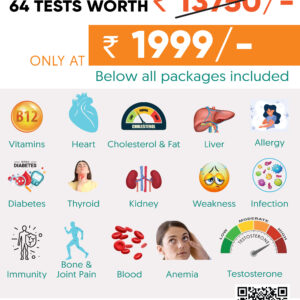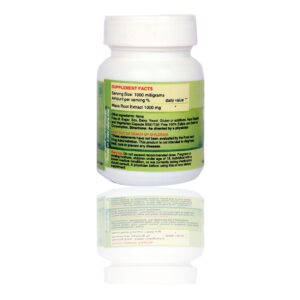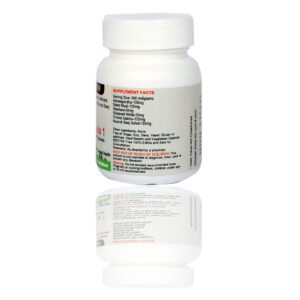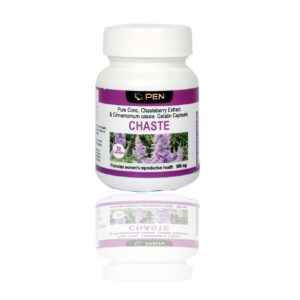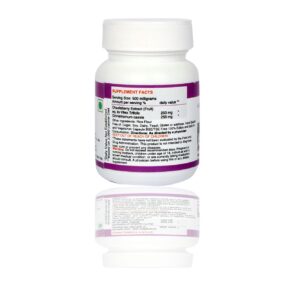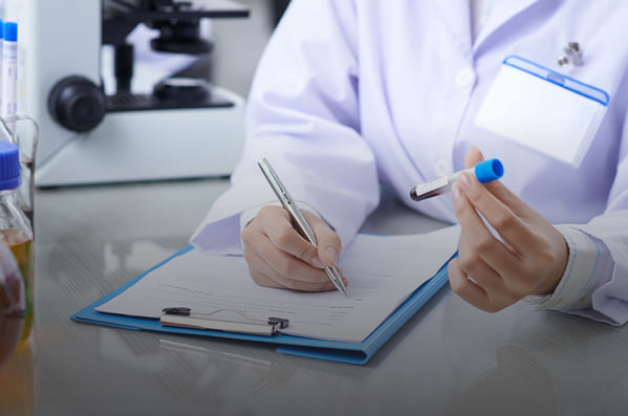Test includes:
Thyroid Stimulating Hormone (TSH)
Thyroid stimulating hormone (TSH) is the pituitary hormone that acts as a messenger to the thyroid gland. If the pituitary gland detects that there is too little thyroid hormone in the blood, it will produce more TSH, prompting the thyroid gland to produce more thyroid hormone. When the pituitary detects too much thyroid hormone, it slows the production of TSH, signaling the thyroid gland to do the same.
Thyroxine (T4)
Thyroxine (T4) functions as a “storage” hormone. On its own, it is unable to produce energy or deliver oxygen to cells but must undergo a process known as monodeiodination in which it loses an atom of iodine to become triiodothyronine (T3). The T4 test measures two key values:
Total T4 is the total amount of thyroxine circulating in the blood.1 The includes T4 that has bonded with protein (interfering with its ability to enter certain tissue) and T4 that has not bonded to protein.
Free T4 is the type not bonded to protein and is considered the active form of thyroxine.
Triiodothyronine (T3)
Triiodothyronine (T3) is the active thyroid hormone created from the conversion of thyroxine into triiodothyronine. Three different tests measure various aspects of T3:
Total T3 is the total amount of triiodothyronine circulating in the blood, both bound and unbound by protein.1
Free T3 is not bound to protein and considered the active form of triiodothyronine.
Reverse T3 is the inactive “mirror image” of T3 that attaches to thyroid receptors but is unable to activate them.
Additional blood tests include:
- Thyroid antibodies: These tests help identify different types of autoimmune thyroid conditions. Common thyroid antibody tests include microsomal antibodies (also known as thyroid peroxidase antibodies or TPO antibodies), thyroglobulin antibodies (also known as TG antibodies).
- Screening & preventive tests against diseases related to diabetis HbA1C, kidney, liver as well as those related to blood count hemogram.

